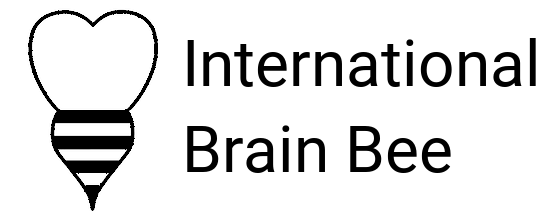Latvia wins ninth place at international neuroscience competition
Ilans Birmans, a 12th grade student of Riga State Gymnasium No.1, came an impressive ninth in the neuroscience competition International Brain Bee (IBB), which took place online from 27 September to 5 October. This prestigious competition that brings together winning students of their respective national competitions from around the world, was organised by the US this year.


Having successfully completed the first round of the competition, Ilans was one of the ten finalists. The young man notes that taking part in this competition was both a challenge and a great honour: ‘The most interesting parts of the competition for me were disease diagnosis and neurohistology, but the most difficult part was the neurobiology test.’
He is proud that Latvia's name was heard at such a prestigious event and is confident that he will continue his career in medicine.
Next year, he is planning to start his studies at the Rīga Stradiņš University (RSU) Faculty of Medicine.
This is the third year that the national neuroscience competition Latvian Brain Bee is held in Latvia. It is organised by the RSU Neurology and Neurosurgery Interest Group, the Neurology Development Foundation headed by Prof. Andrejs Millers and the RSU Academy of Young Medics. This year, around 200 students took part in the national competition. The top 50 continued on to the finals held at the RSU Medical Education Technology Centre, where Ilans was declared the winner.
Studies show that the prevalence of brain diseases will increase significantly in the coming years. According to King's College, the number of patients with brain diseases will increase by 42% by 2050. Our challenge is to prepare for this today. The participants in this competition will be the ones who care for people’s brain health in the future.
Prof. Andrejs Millers,
Head of the RSU Department of Neurology and Neurosurgery
Prof. Millers explains that competitions like this attract young people who will become doctors and researchers in the future. They will be the ones to discover new treatment methods and medicines.
Ilans considers his participation in the International Brain Bee to be an inspiring experience that has further strengthened his interest in neuroscience.
‘I have always wanted to become a doctor. I first heard about the Brain Bee competition when I was in the 10th grade and was intrigued by the idea of how complex and interesting the human brain is,’ says Ilans. He is convinced that medicine and neuroscience are his future.
Prof. Millers believes that these competitions not only help young people to learn new skills, but also motivate them to continue their medical education and become scientists.
Related news
 Junior Doctors Academy launches new season with record interest and exciting new featuresFor High School Students, Traditional Events
Junior Doctors Academy launches new season with record interest and exciting new featuresFor High School Students, Traditional Events



